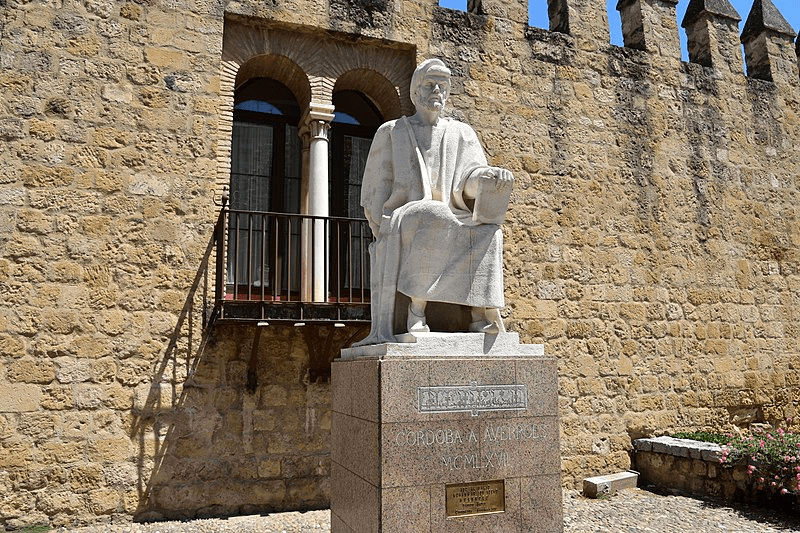Contacts
To advertise with British Muslim magazine, our website and email newsletters, email Robyn
Having problems with your subscription?
Email:
[email protected]
To contact the editor email
[email protected]
It was on this very day (December 11), that the renowned scholar, jurist, polymath and author, Abu al-Walid Muhammad ibn Ahmad ibn Rushd died in Marrakech, Morocco. Born in Cordoba of Andalucia in the year 1126 CE, Ibn Rushd is widely known as Averroes in the West. Born into an influential Muslim Andalucian family, he entered the world with utmost respect and honour.
Being born in Cordoba was a privilege, as it meant being surrounded by Andalucian notables. What’s more, as it was the capital of Muslim Spain, Cordoba was thriving politically, economically, spiritually and academically. Ibn Rushd’s father was a judge as well as his grandfather, which became a contributing factor towards his superb nurturing.
While scholars nowadays focus on a specific subject area, Ibn Rushd took things to new heights by mastering multiple subjects. A true polymath, the scholar was an expert in philosophy, jurisprudence, astronomy, medicine, mathematics, physics and geography. It was for this very reason that he achieved the title, ‘Prince of Science.’
Ibn Rushd quickly achieved prominence by securing a position as a judge in Seville at the age of 43. Years later, he was transferred to the Muslim capital, Cordoba, where he continued as a judge for another ten years.
During his time as a judge, he wasted no time in getting to work. With a discipline and determined mindset, he tirelessly championed Aristotle by translating his many works as well as Plato’s Politeia. While medicine was a subject he invested much time in, the world knew that philosophy was his chosen path. Ibn Rushd had a strong conviction that it is only through studying and teaching philosophy that certainty can become absolute.

Ibn Rushd was very particular about how he used his time. When one ponders over how many books he wrote in his lifespan, it sure does cause one to reflect on how much time must have been invested. For four decades, Ibn Rushd remained productive, and as a result, he became an author of a large corpus that extends over multiple branches.
It’s believed that his writing equates to more than 20,000 pages, discussing matters about logic, medicine and philosophy. Did you know that Ibn Rushd wrote 20 books on medicine alone?
One book in particular influenced future scholars and doctors of medicine for centuries to come. Titled al-Kulliyat fi al-Tibb (General Medicine), the book was taught across Europe for centuries and was also translated into Latin and Hebrew.
His works on science and medicine did not stop at general medicine. With a special interest in anatomy, Ibn Rushd was one of the first to introduce Parkinson’s disease to the world.
While Ibn Rushd did produce some marvellous works on medicine and anatomy, he outsmarted the rest when it came to philosophy. Although his views may have been somewhat controversial for many contemporary scholars, this did not prevent him from influencing how people thought in medieval Europe.
Due to his immense contributions towards philosophy – and for his meticulous translation of the works of Aristotle – The School of Athens had him depicted in their fresco. This proved to the world that he was one of the greatest philosophers of all time and that his legacy continues to this very day.
Main Image Credit: Qantara.de